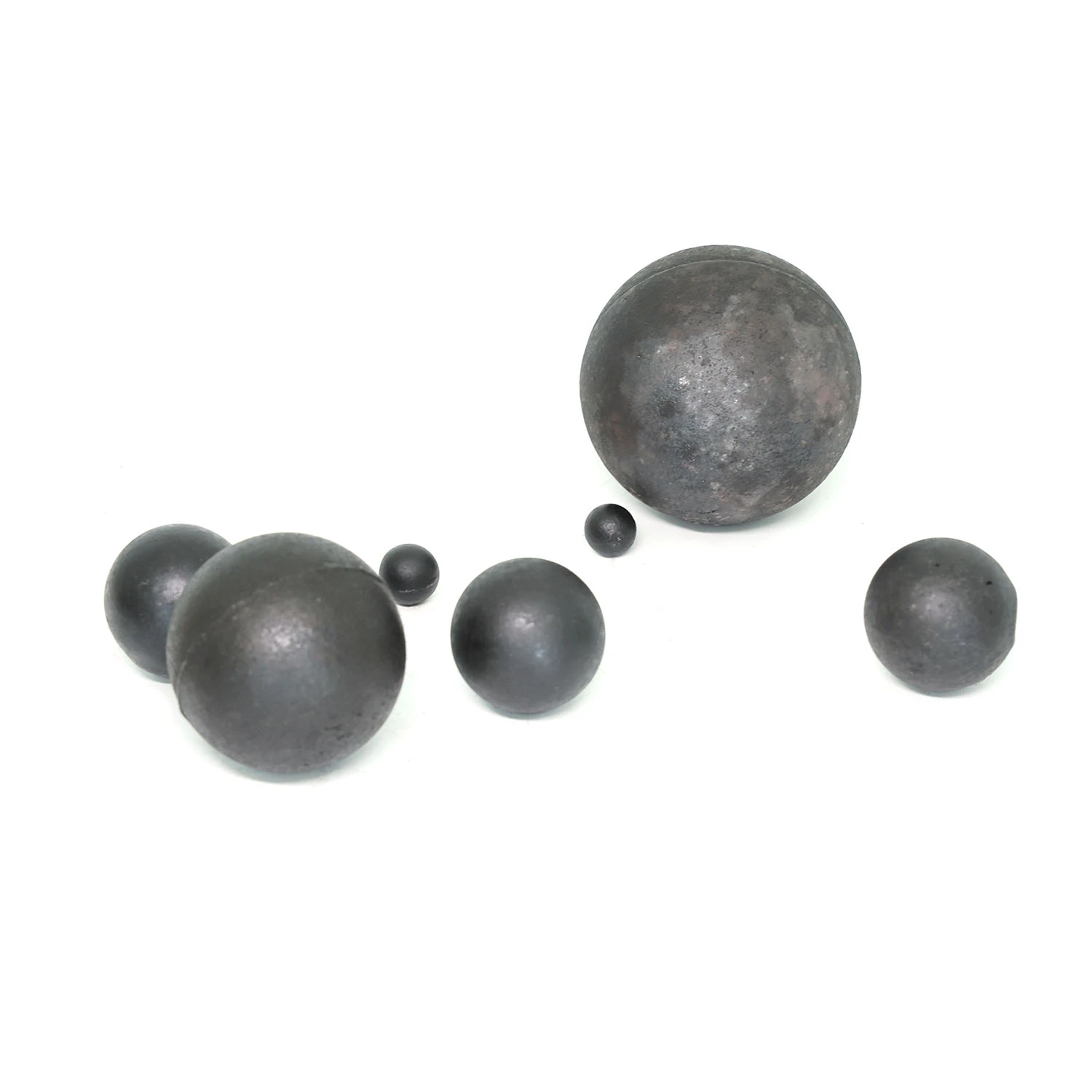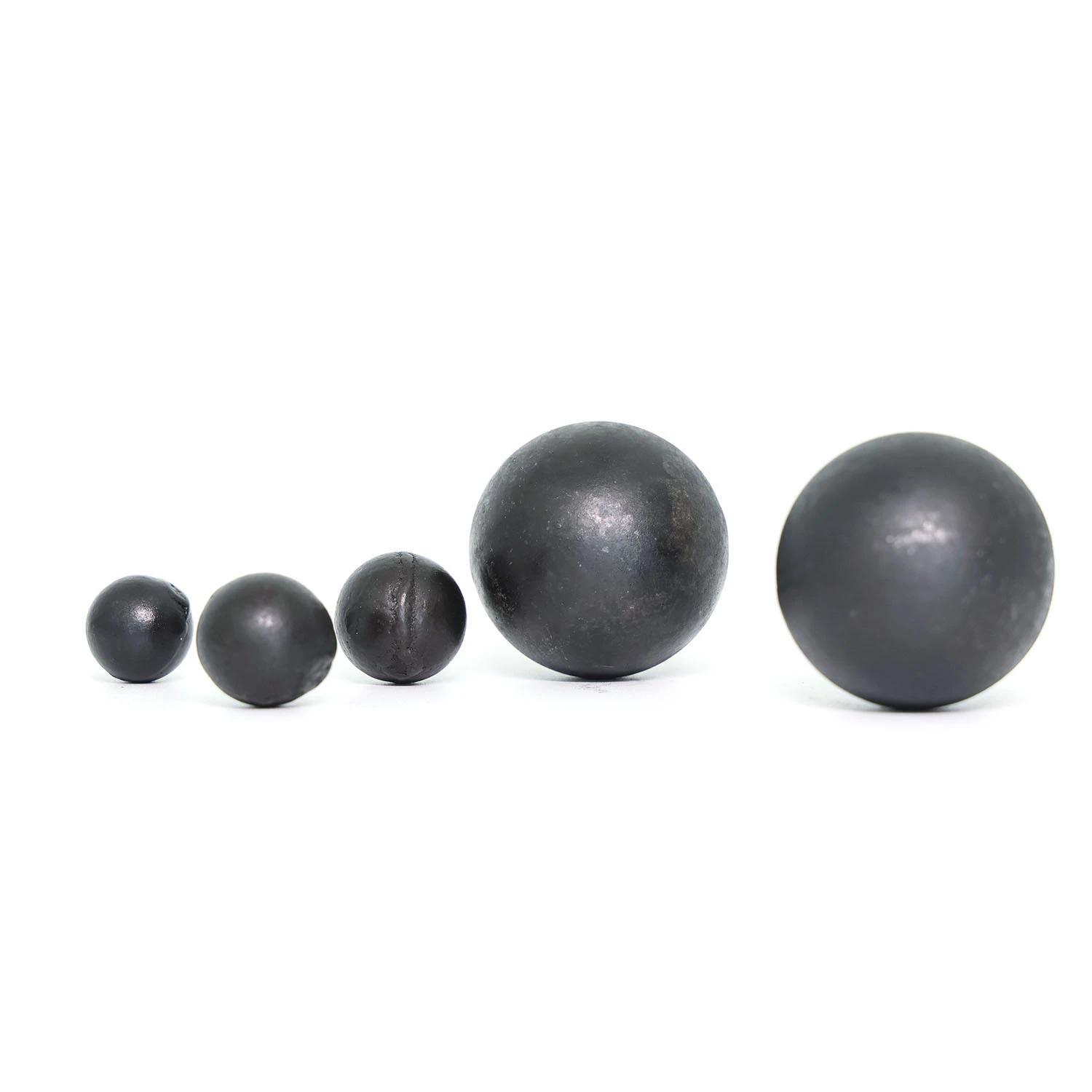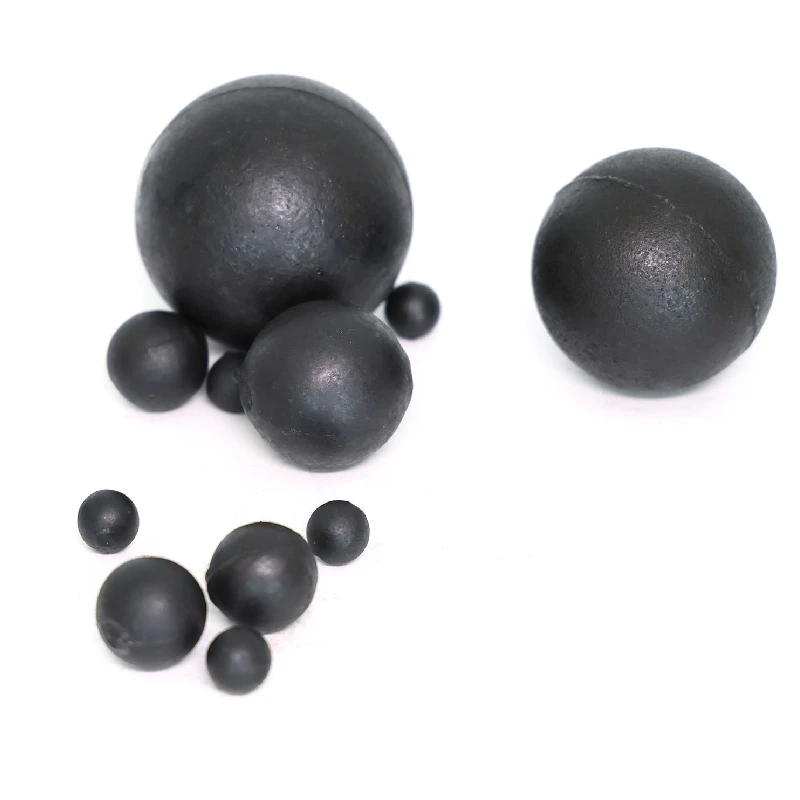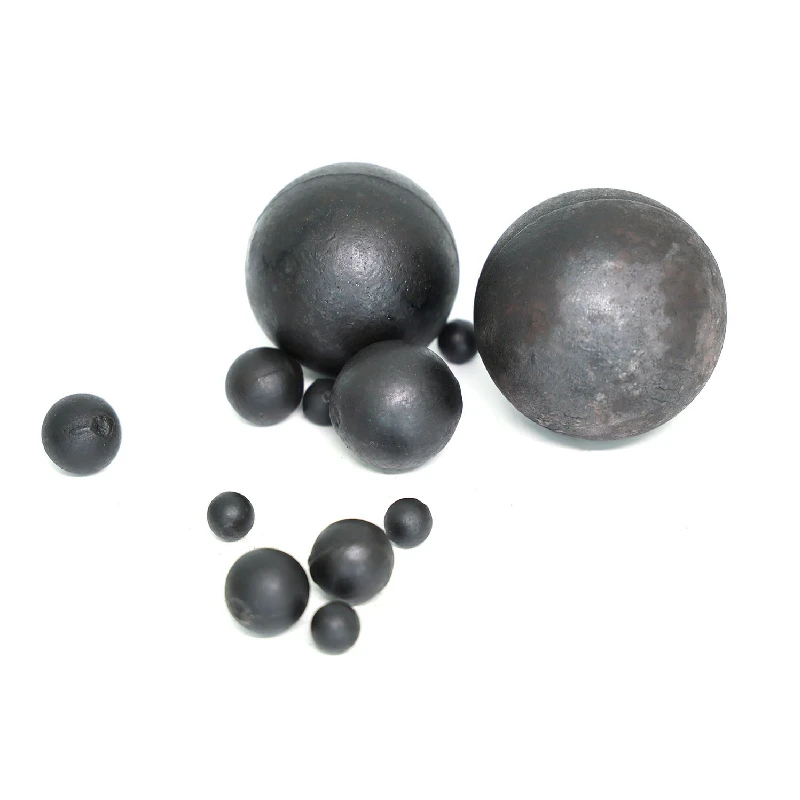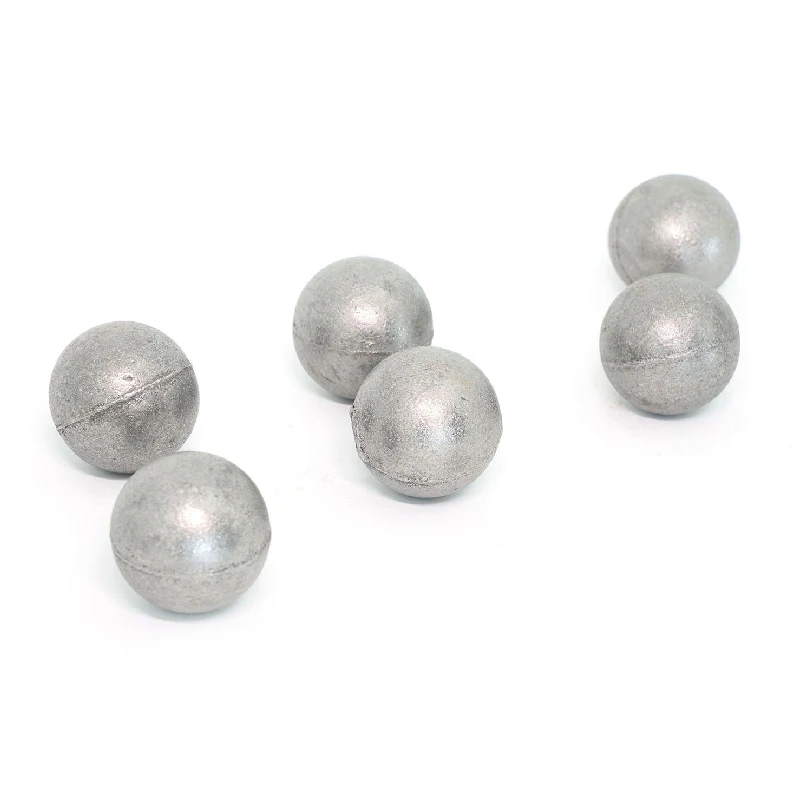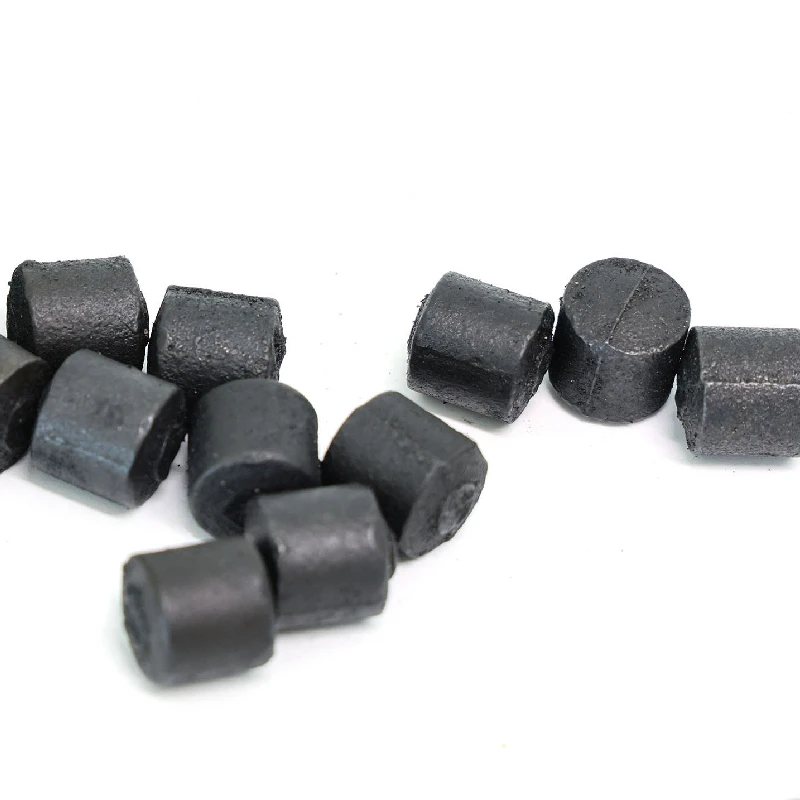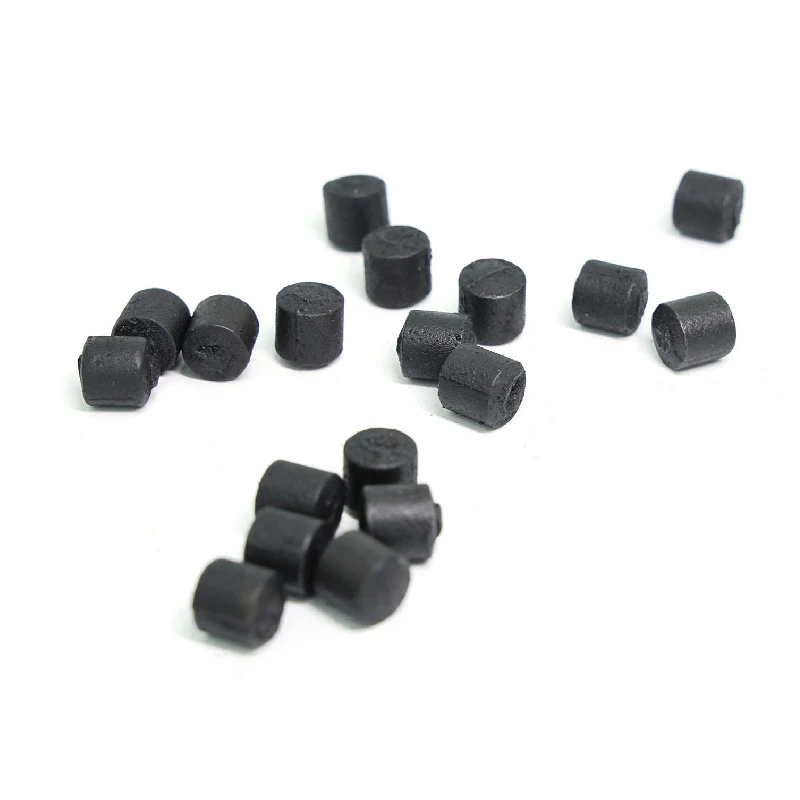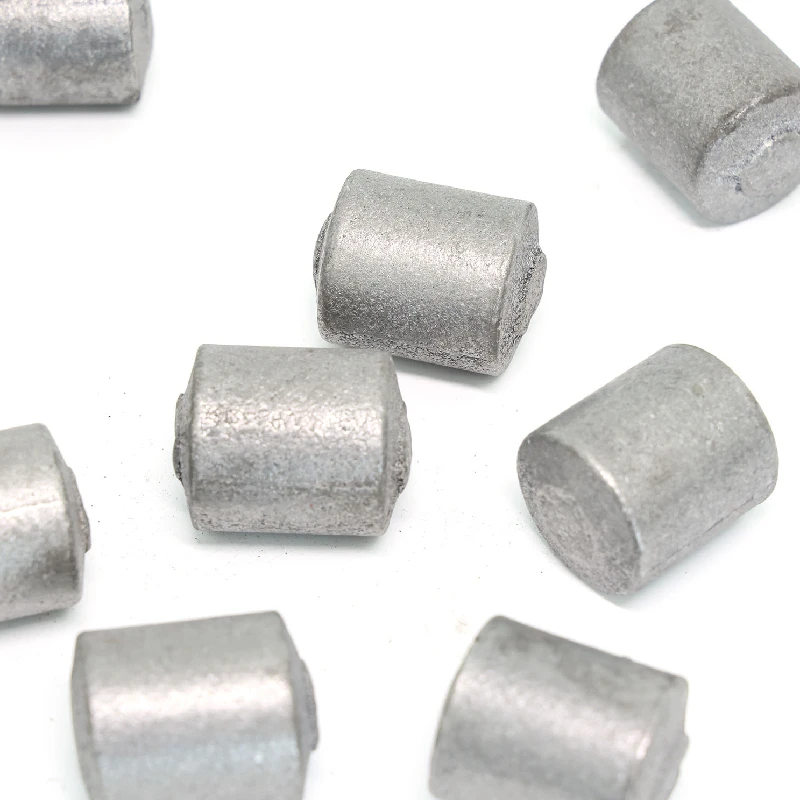- Afrikaans
- Albanian
- Amharic
- Arabic
- Armenian
- Azerbaijani
- Basque
- Belarusian
- Bengali
- Bosnian
- Bulgarian
- Catalan
- Cebuano
- China
- Corsican
- Croatian
- Czech
- Danish
- Dutch
- English
- Esperanto
- Estonian
- Finnish
- French
- Frisian
- Galician
- Georgian
- German
- Greek
- Gujarati
- Haitian Creole
- hausa
- hawaiian
- Hebrew
- Hindi
- Miao
- Hungarian
- Icelandic
- igbo
- Indonesian
- irish
- Italian
- Japanese
- Javanese
- Kannada
- kazakh
- Khmer
- Rwandese
- Korean
- Kurdish
- Kyrgyz
- Lao
- Latin
- Latvian
- Lithuanian
- Luxembourgish
- Macedonian
- Malgashi
- Malay
- Malayalam
- Maltese
- Maori
- Marathi
- Mongolian
- Myanmar
- Nepali
- Norwegian
- Norwegian
- Occitan
- Pashto
- Persian
- Polish
- Portuguese
- Punjabi
- Romanian
- Russian
- Samoan
- Scottish Gaelic
- Serbian
- Sesotho
- Shona
- Sindhi
- Sinhala
- Slovak
- Slovenian
- Somali
- Spanish
- Sundanese
- Swahili
- Swedish
- Tagalog
- Tajik
- Tamil
- Tatar
- Telugu
- Thai
- Turkish
- Turkmen
- Ukrainian
- Urdu
- Uighur
- Uzbek
- Vietnamese
- Welsh
- Bantu
- Yiddish
- Yoruba
- Zulu
heinä . 05, 2025 04:17 Back to list
High Quality 8mm Mild Steel Plate for Industrial Use Competitive 8mm Steel Plate Price
- Introduction to 8mm Mild Steel Plate and Its Core Features
- Material Composition, Manufacturing Processes, and Industry Standards
- Comparing Prices: 8mm Steel Plate vs 12mm Mild Steel Plate
- Evaluating Leading Manufacturers: Quality and Technical Differentiators
- Custom Solutions for Diverse Applications Using 8mm Mild Steel Plates
- Case Studies: Practical Implementations and Industry Success Stories
- Conclusion: The Advantages and Value Proposition of 8mm Mild Steel Plate
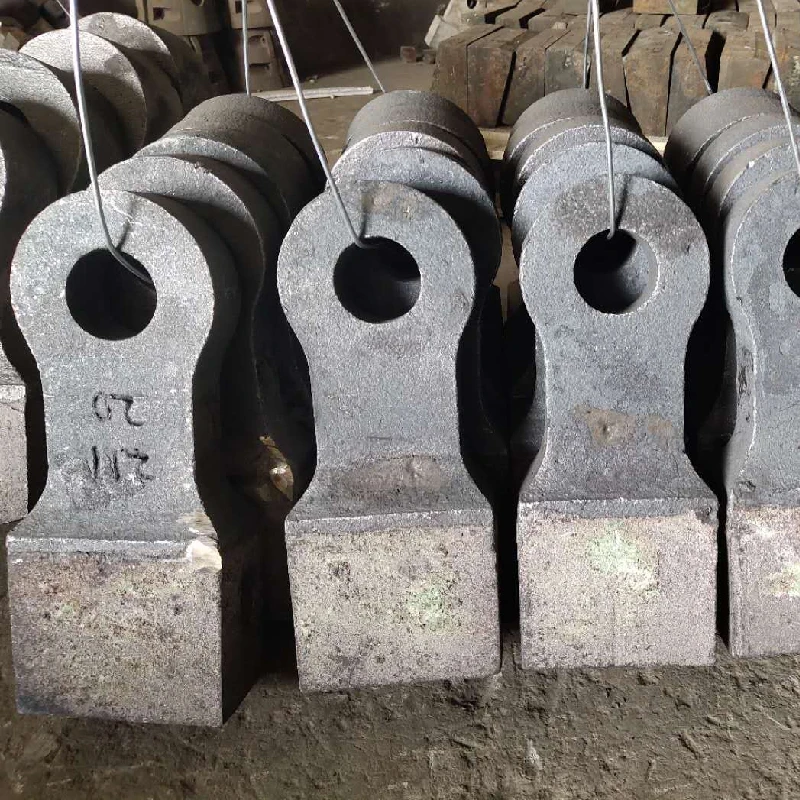
(8mm mild steel plate)
Introduction to 8mm Mild Steel Plate: Properties & Market Demand
The 8mm mild steel plate
serves as a fundamental building block for a multitude of industrial, commercial, and infrastructure projects. Its optimal thickness delivers a balance between structural strength and flexibility, which makes it a preferred option across sectors ranging from construction and fabrication to machinery production. According to a recent industry report, global demand for steel plates within the 6-10mm thickness range is projected to rise at a compound annual growth rate (CAGR) of over 4.2% through 2028. This growth is driven by expanding infrastructure investment, evolving fabrication methods, and the need for affordable, high-performance materials. The typical 8mm steel plate price varies depending on raw material costs, supply chain fluctuations, and regional market dynamics, creating a constantly shifting but highly competitive landscape for procurement.
Material Composition, Manufacturing Processes, and Industry Standards
The production of 8mm mild steel plate involves sophisticated metallurgy and rigorous adherence to international standards such as ASTM A36, EN 10025, and IS 2062. Chemical composition is a crucial aspect: most plates contain a carbon content ranging from 0.16% to 0.29%, enabling a combination of adequate ductility and tensile strength.
Key mechanical properties (typical values):
- Yield Strength: 250-355 MPa
- Tensile Strength: 410-530 MPa
- Elongation at Break: 20%-30%
- Hardness (Brinell): 120-180 HBW
Comparing Prices: 8mm Steel Plate vs 12mm Mild Steel Plate
Navigating the pricing landscape for steel plates requires clear benchmarking. Below is a comparative overview of 8mm steel plate price and 12mm mild steel plate pricing based on current late-2023 data, gathered from spot market indexes and manufacturer quotations (all prices are indicative, FOB major Asian ports per metric ton).
| Steel Plate Size | Standard (e.g. ASTM A36) | Average Price (USD/MT) | Typical Lead Time | Density (kg/m&178;) |
|---|---|---|---|---|
| 8mm Mild Steel Plate | ASTM A36 / EN 10025 | $680 - $770 | 7~14 days | 62.8 |
| 12mm Mild Steel Plate | ASTM A36 / EN 10025 | $870 - $950 | 15~20 days | 94.2 |
The data illustrates that while 12mm plates deliver additional strength and are suited for highly demanding applications, the 8mm plate stands out for an advantageous combination of material cost, manageable weight, and broad suitability for most structural and fabrication requirements.
Evaluating Leading Manufacturers: Quality and Technical Differentiators
Selecting a steel plate supplier goes far beyond initial price quotes. Quality control, certification, production capacity, and after-sales service set leading manufacturers apart. Here is a vendor comparison based on critical performance metrics from recent third-party audits:
| Manufacturer | Annual Capacity (KT) | Certifications | Thickness Tolerance | Test Certificates | Lead Time (Days) |
|---|---|---|---|---|---|
| ArcelorMittal | 3500 | ISO 9001, EN 10204 | ±0.2mm | Yes (full traceability) | 8-15 |
| Baosteel | 2900 | ISO 14001, ISO 9001 | ±0.25mm | Yes | 10-18 |
| Tata Steel | 2350 | EN 10025, ISO 45001 | ±0.22mm | Yes (on request) | 9-14 |
| Nippon Steel | 1800 | JIS G3101, ISO 9001 | ±0.2mm | Yes | 10-16 |
Your choice should consider not just headline prices but also quality assurance, as inconsistency in chemical composition or flatness can significantly increase downstream fabrication and project risks. Always request detailed mill certificates and, where necessary, independent test reports.
Custom Solutions for Diverse Applications Using 8mm Mild Steel Plates
Increasingly, end-users and OEMs seek made-to-order mild steel plate solutions, incorporating not only precise dimensions but also advanced services such as plasma cutting, CNC profiling, and special surface treatments. 8mm mild steel plate can be customized in width (up to 3m), length (up to 12m), and profile shape as per customer CAD designs. Leading suppliers offer:
- Tolerance customization: High-precision (±0.15mm) for critical applications
- Coatings: Galvanizing, epoxy painting, or anti-corrosion priming
- Edge preparation: Beveling, laser-cut cleanliness for ease of welding
- Additional QA/QC: Magnetic particle and ultrasonic inspection
Case Studies: Practical Implementations and Industry Success Stories
Case 1: Urban Infrastructure Reinforcement
In 2023, a major transportation authority upgraded several city bridges using over 1,200 metric tons of 8mm mild steel plate as sheathing for concrete beams. This approach reduced project costs by 11% compared to 10mm alternatives, without compromising on load-bearing performance or safety margins—verified by third-party inspection.
Case 2: Manufacturing Automation Components
A leading robotics integrator adopted 8mm and 12mm mild steel plates for robotic chassis and base plates. The 8mm option enabled a 17% weight reduction, facilitating faster robotic arms, and decreasing energy consumption by 6% per operating cycle while maintaining weld integrity and dimensional stability.
Case 3: Commercial Vessel Retrofit
Ship repair yards frequently rely on custom-cut 8mm mild steel plates for hull repairs and interior bulkheads. In a recent retrofit project, precision plasma-cut 8mm plates reduced installation time by 23% and improved anti-corrosive performance through advanced coatings, supporting long service life in harsh marine environments.
Conclusion: The Advantages and Value Proposition of 8mm Mild Steel Plate
The 8mm mild steel plate exemplifies engineering versatility. Its wide availability, favorable 8mm steel plate price, and adaptability for custom fabrication position it as a go-to material for projects where both value and technical performance matter. As market dynamics and end-user needs continue to evolve, integrating high-quality plate solutions from leading manufacturers enhances reliability across construction, manufacturing, and infrastructure domains.
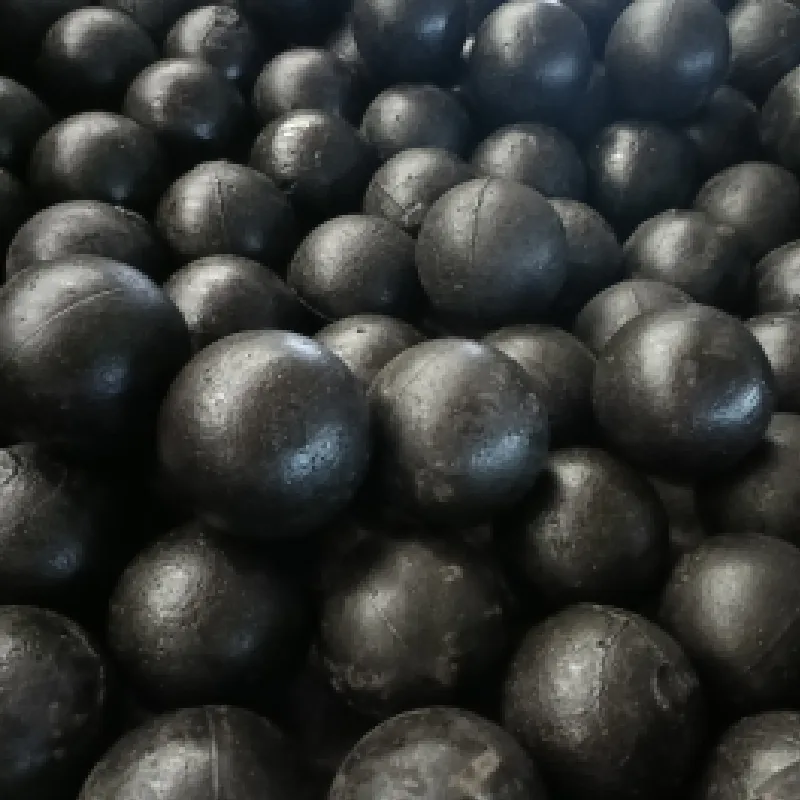
(8mm mild steel plate)
FAQS on 8mm mild steel plate
Q: What is an 8mm mild steel plate used for?
A: 8mm mild steel plates are commonly used in construction, fabrication, and automotive industries. They provide strength and durability for structural and engineering projects. Their thickness makes them suitable for heavy-duty applications.Q: How does the 8mm steel plate price compare to the 12mm mild steel plate?
A: Generally, an 8mm steel plate costs less than a 12mm mild steel plate due to the difference in thickness and material used. Prices also vary depending on market rates and suppliers. It's best to request quotes for both to compare accurately.Q: Is the 8mm mild steel plate available in different sizes?
A: Yes, 8mm mild steel plates are available in various length and width options. Standard sizes can be cut to custom dimensions as needed. Always check with your supplier for available sizes.Q: Can I weld an 8mm mild steel plate easily?
A: Yes, 8mm mild steel plates can be welded using common welding techniques. Their weldability makes them popular for fabrication and repair jobs. Proper preparation ensures strong, clean welds.Q: What are the main differences between 8mm mild steel plate and 12mm mild steel plate?
A: The primary difference is the thickness—12mm plates are thicker and stronger than 8mm ones. This impacts both weight and load-bearing capacity. Choose based on your project's strength requirements.-
Unveiling the Significance of High - Performance Materials in Wear - Resistant Applications
NewsJun.23,2025
-
Unraveling the Significance of Manganese - Based Materials in Industry
NewsJun.23,2025
-
Unraveling the Significance of Industrial Wear - Resistant Materials
NewsJun.23,2025
-
Optimizing Industrial Equipment Performance with Liner Plates
NewsJun.23,2025
-
Diverse Applications and Insights into Industrial Lining Solutions
NewsJun.23,2025
-
Diverse Alloys Shaping Industrial Applications
NewsJun.23,2025
Realted Products


